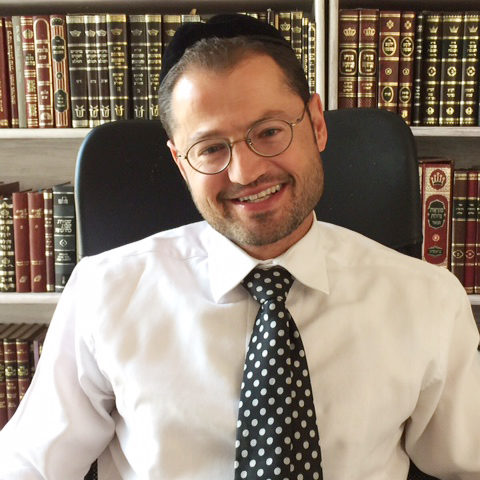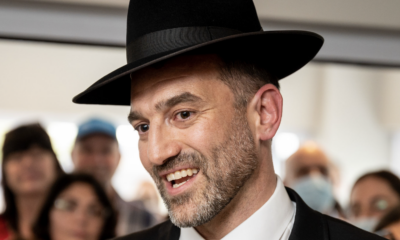
Religion

Spying versus seeing
The spies were sent on a mission to reconnoitre the land. They came back with a negative report for the people. As a result, the spies and all who listened to them had to wander the desert for 40 years. This ill-fated mission lasted 40 days, and accordingly, they were decreed to be in the desert for 40 years – yom leshanah, a day for a year. What was the extent of their transgression that resulted in such severe consequences?
Rabbi Asher Weis explains that the transgression of the spies wasn’t what they said but what they saw. Hashem promised the land to our patriarchs and matriarchs. Hashem said it would be good for the Jewish people to enter the land, and that it was possible to overcome the challenges. The spies went against Hashem’s word, and said that it would be impossible for the Jewish people to inhabit the land.
The famous 19th century British philosopher, Herbert Spencer, expanded Charles Darwin’s ideas into the fields of psychology and sociology. He coined the term “survival of the fittest” regarding human beings. These ideas were developed further by Friedrich Nietzsche and his descriptions of the Übermensch. The Nazis based their warped racial theories on their interpretations of these writings. These ideas are rooted in the natural world. The lions kill the antelope, the strong dominate the weak. The same applies to humanity. The Übermensch can destroy the weaker races.
The great sage, Rabbi Yochanan, teaches (Eiruvim 100b) that if the Torah wasn’t given at Mount Sinai we would learn ethics and morality from nature. We learn modesty from the cat; we learn to be honest and not steal from ants; and we learn fidelity from the dove. Different individuals observe nature and see completely different things. The philosophers saw brutality and domination, Rabbi Yochanan saw morality and modesty.
What we see reflects what’s in our hearts. We see what we want to see. If there’s darkness in our heart, we’ll see that same darkness around us. If there’s light and positivity in our heart, we’ll see that light and goodness in the world.
This was the transgression of the spies. It wasn’t what they said, but what they saw. Whatever they saw was negative in spite of Hashem’s guarantees. It reflected the negativity in their hearts. The Torah is teaching us to cultivate goodness in our heart. We do so by connecting to G-d and accessing the goodness in our eternal soul. We can then develop the ability to see good in others and good in the world. This is emphasised by the great Rebbe Elimelech of Lizhensk in his magnificent prayer, “May Hashem grant us the ability to see good in others and not their weaknesses.”
When we create a society of positivity in which we give others the benefit of the doubt, Hashem responds measure for measure and sees the good in us, evoking the divine attributes of compassion from above. May we merit to see this in our world!










